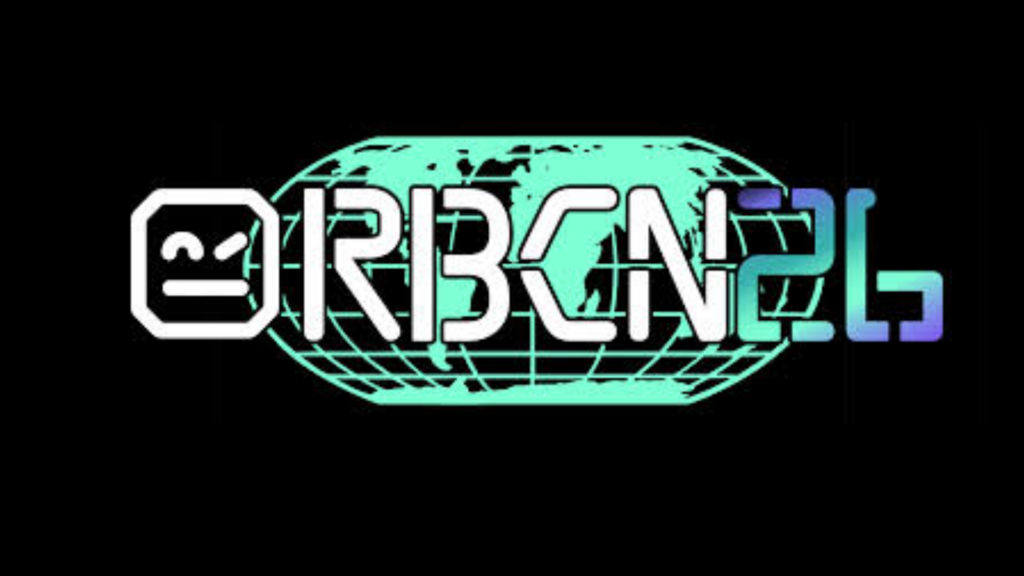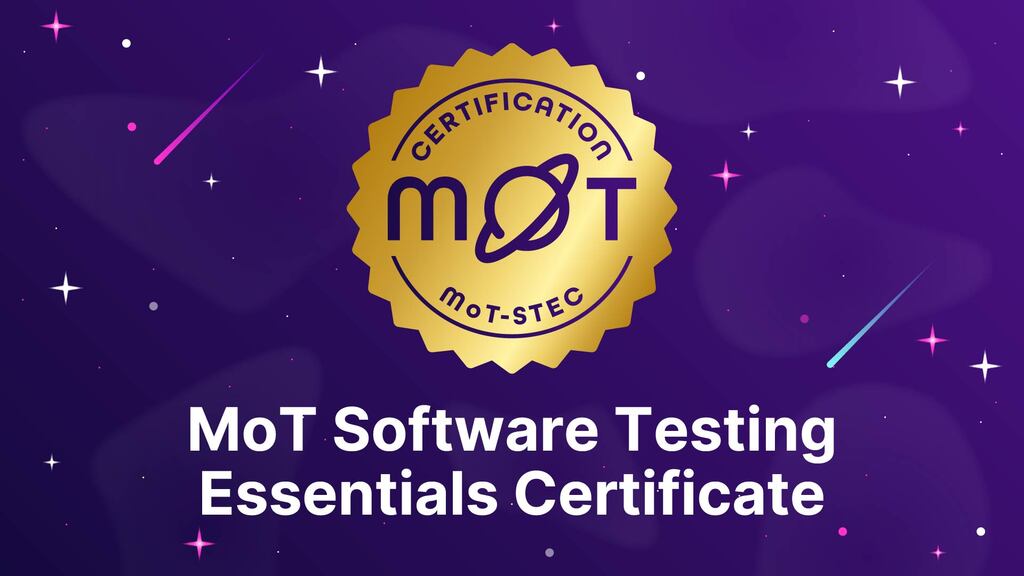Dear Hiring Manager,
I hear you are looking to hire a new tester and I think I may be able to help. You see, I was a tester once upon a time. I still am, kinda, but my main job these days is leading a community of software testers.
It’s an interesting job. I’m privileged. Yet at the same time, I’m frustrated and sometimes bored with the same rants discussions that keep cropping up in relation to testers and their careers. I am hoping you will listen for a moment and remember these words next time you wish to hire the best software tester for the job.
I feel first I need to give you a very short lesson into the history of testing:
Somehow, somewhere processes and certain approaches to testing were created. I’m thinking of mostly prior to the year 2000. During those times it was ok and acceptable to think of testing in terms of types of testing, test plans, test strategies, test cases…and so forth. On an education front, there weren’t many options – apart from some certification programs which quickly became the norm. Testing somehow became about processes, approaches and terminology rather than focusing on creating an awesome product and doing great creative testing.
Frankly, not just between you and me, things have changed since then. Agile is perhaps a big part of it. But, to be honest, the tech world has changed heaps in the past 15 years and it seems like how testers are hired and what skills are required haven’t changed enough with the times.
The purpose of these words is to help you understand this, at least from our perspective. I believe and hope a big part of the software testing community will nod their head in agreement with some of the following requests that us professional and terribly geeky testers would want to see when you try to hire testers. Of course, I cannot speak for and please everyone.
The Certification / Education Debate
These days testers can learn in many different ways.
There are testing certificates that too many companies and recruiters are believed to focus on as an absolute necessity. Please could you not discriminate against people who may or may not have sat the exams? These certificates (ISEB, ISTQB, etc) really don’t prove that a tester knows what they are doing. The foundation levels are multiple choice questions where the student either self-studies or attends a 3-day course before hand.
I’m sure no one can become an expert in anything in 3 days. I hope we can at least agree on this point.
I should add, if you do recruit testers, we would love to have more insight into how important these certificates truly are for the work environments you hire for. If they are necessary, we’d be curious to know why. If they are not necessary and you still specifically ask for certificates, then we would also like to know why.
Testers often feel there is too much emphasis on these certificates and other approaches to learning are dismissed or not even known about. Instead of making these certificates requisites for the job, could you please consider taking a broader approach? Perhaps you can consider looking at other options like whether the candidate:
- attends software testing events – meetups. workshops/training, conferences
- hangs out online – perhaps they actively participate on Software Testing Club, Twitter or Weekend Testing.
- actively learns on their own – have they actually read any books/blog/articles on testing? Can they name any?
- actively practices and seeks to become better at testing?
- has written anything recently about testing?
By considering the above points you could also perhaps do keyword searches on CVs for more than just certificate keywords?
Maybe you could try to do some searches on: meetups, the leading conferences (TestBash, Agile Testing Days, EuroSTAR, CAST, etc), personal profiles (perhaps they have a website, are active on Software Testing Club or Twitter) or maybe they have indicated they are active learners (reading books, member of The Dojo, BBST graduate or attendee of Weekend Testing).
I understand that this might take a bit longer, but with a bit of practice, you may be able to find smart ways of doing it quickly and also be able to weed out and not waste time on the not so great applicants.
About Skills
You are a hiring manager, probably not expert in tech and testing. So please take this as guidance from someone in the know. I have a few things I’d like to say.
First up, anyone and everyone can say they have written a test plan, test strategy and test cases. It’s often simply a case of copying and pasting. I remember doing this just weeks into my first testing job. I wasn’t taught how to think about testing. I was given a process to copy something with a few edits and was sent on my merry way. Whilst in my case they were relatively small projects, I hear of similar things happening in large scale projects. All too often there is not enough thought put into practice.
So please, instead of asking for experience in creating ‘test plans’, why not ask:
- how they have successfully helped launch a product
- what challenges they came across and overcame
- how they identified what needed testing, when and how
- how they coped with having to learn any new skills
- how they knew when to stop testing
Test plans are dead, even if testers are still creating them (because they have to – for whatever reason). The good testers know the value of testing is not in the plan, but in how it is executed with awesome thoughtful testing skills.
Skills are overused on job descriptions too. Or perhaps a better way of saying it is that skills are over simplified into keywords that then become meaningless. A modern tester is one that is capable of picking up new and relevant skills on the go.
For example, most bug trackers don’t differ too much. Once you’ve used one, it’s pretty straightforward to learn how to use another. Instead of focusing on whether a tester must absolutely have experience and skill with a very specific bug tracker, it would make more sense to understand whether they are actually any good at communicating, writing great bug reports and making sense of the vast data that a bug tracker can hold. Any old monkey could learn how to use a bug tracker in no time, it doesn’t mean they are any good at it.
Really what you need from a tester is someone who is curious and has knowledge and deep interest in the domain. They should really want to be testers and it should be apparent by the activities they pursue to study the craft of testing. They should be questioning and have a deep interest in how software works (or fails!). They should be constantly researching newer and better ways of doing things. They should be practising their reporting and exploratory testing skills. They should be trialling out new tools to see if they can help them test better. They should be able to spot problems from a mile away and help prevent them happen. They should be able to work nicely and effectively with anyone on the dev team.
Not only should recruiters be asking for these, but testers should be putting these on their CVs instead of a list of tools and number of years experience. We all have work to do on this front.
I could go on and on about this. It’s not meant to be a fully comprehensive guide. It would be great to dive into it deeper as I feel it is a problem for those that recruit testers in addition to us software testers.
I hope this will give you some food for thought and perhaps you can look at your current hiring process and choose a few small things that could potentially be changed? Change does not happen overnight. Small changes over time will soon accumulate into a better world for us all.
Or on another side of things, maybe you could advise us testers what we could be doing better?
At the moment I’ve mostly only heard the story from the testing side. It would be great to hear from recruiters and hiring managers too.
Do you feel there is a problem here or am I making a mountain out of a molehill? Do these issues even get considered by your hiring team or process?
Your insight would be valuable.
Thank you.
Yours Sincerely,
Rosie Sherry
Founder Boss at Ministry of Testing
PS – it’s also a bit of an annoyance of mine where so many testers are now calling themselves a ‘Passionate Software Tester’. I hope you understand that it takes more to be passionate about something than just sticking it as their profile description. You’ll know a passionate tester when you find they can’t stop talking about testing!





